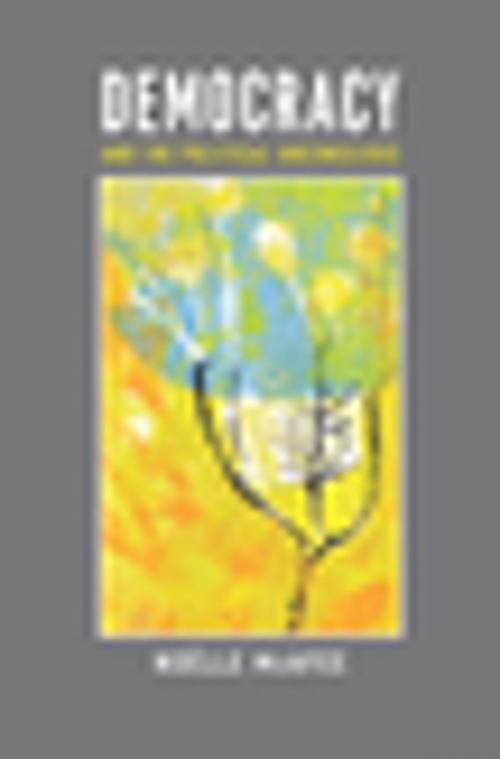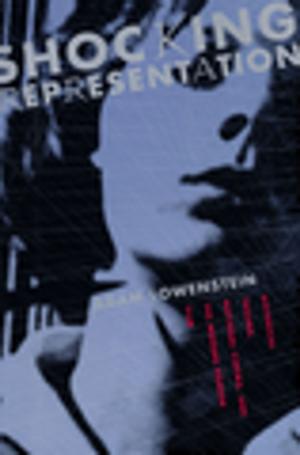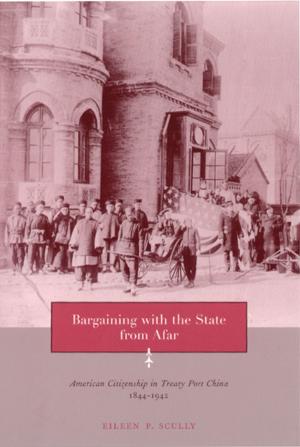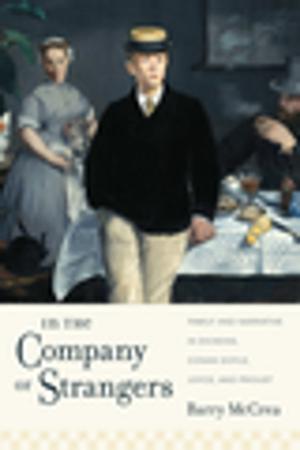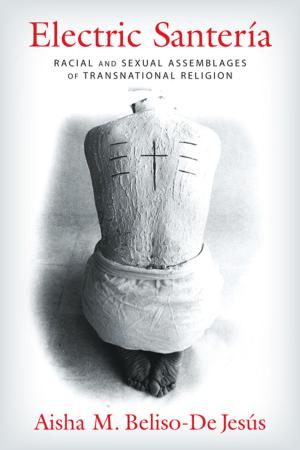Democracy and the Political Unconscious
Nonfiction, Religion & Spirituality, Philosophy, Political, Social & Cultural Studies, Political Science, Politics, History & Theory| Author: | Noëlle McAfee | ISBN: | 9780231511124 |
| Publisher: | Columbia University Press | Publication: | April 8, 2008 |
| Imprint: | Columbia University Press | Language: | English |
| Author: | Noëlle McAfee |
| ISBN: | 9780231511124 |
| Publisher: | Columbia University Press |
| Publication: | April 8, 2008 |
| Imprint: | Columbia University Press |
| Language: | English |
Political philosopher Noëlle McAfee proposes a powerful new political theory for our post-9/11 world, in which an old pathology-the repetition compulsion-has manifested itself in a seemingly endless war on terror. McAfee argues that the quintessentially human desire to participate in a world with others is the key to understanding the public sphere and to creating a more democratic society, a world that all members can have a hand in shaping. But when some are effectively denied this participation, whether through trauma or terror, instead of democratic politics, there arises a political unconscious, an effect of desires unarticulated, failures to sublimate, voices kept silent, and repression reenacted. Not only is this condition undemocratic and unjust, it may lead to further trauma. Unless its troubles are worked through, a political community risks continual repetition and even self-destruction.
McAfee deftly weaves together her experience as an observer of democratic life with an array of intellectual schemas, from poststructural psychoanalysis to Rawlsian and Habermasian democratic theories, as well as semiotics, civic republicanism, and American pragmatism. She begins with an analysis of the traumatic effects of silencing members of a political community. Then she explores the potential of deliberative dialogue and other "talking cures" and public testimonies, such as the South African Truth and Reconciliation Commission, to help societies work through, rather than continually act out, their conflicts.
Democracy and the Political Unconscious is rich in theoretical insights, but it is also grounded in the practical problems of those who are trying to process the traumas of oppression, terror, and brutality and create more decent and democratic societies. Drawing on a breathtaking range of theoretical frameworks and empirical observations, Democracy and the Political Unconscious charts a course for democratic transformation in a world sorely lacking in democratic practice.
Political philosopher Noëlle McAfee proposes a powerful new political theory for our post-9/11 world, in which an old pathology-the repetition compulsion-has manifested itself in a seemingly endless war on terror. McAfee argues that the quintessentially human desire to participate in a world with others is the key to understanding the public sphere and to creating a more democratic society, a world that all members can have a hand in shaping. But when some are effectively denied this participation, whether through trauma or terror, instead of democratic politics, there arises a political unconscious, an effect of desires unarticulated, failures to sublimate, voices kept silent, and repression reenacted. Not only is this condition undemocratic and unjust, it may lead to further trauma. Unless its troubles are worked through, a political community risks continual repetition and even self-destruction.
McAfee deftly weaves together her experience as an observer of democratic life with an array of intellectual schemas, from poststructural psychoanalysis to Rawlsian and Habermasian democratic theories, as well as semiotics, civic republicanism, and American pragmatism. She begins with an analysis of the traumatic effects of silencing members of a political community. Then she explores the potential of deliberative dialogue and other "talking cures" and public testimonies, such as the South African Truth and Reconciliation Commission, to help societies work through, rather than continually act out, their conflicts.
Democracy and the Political Unconscious is rich in theoretical insights, but it is also grounded in the practical problems of those who are trying to process the traumas of oppression, terror, and brutality and create more decent and democratic societies. Drawing on a breathtaking range of theoretical frameworks and empirical observations, Democracy and the Political Unconscious charts a course for democratic transformation in a world sorely lacking in democratic practice.
